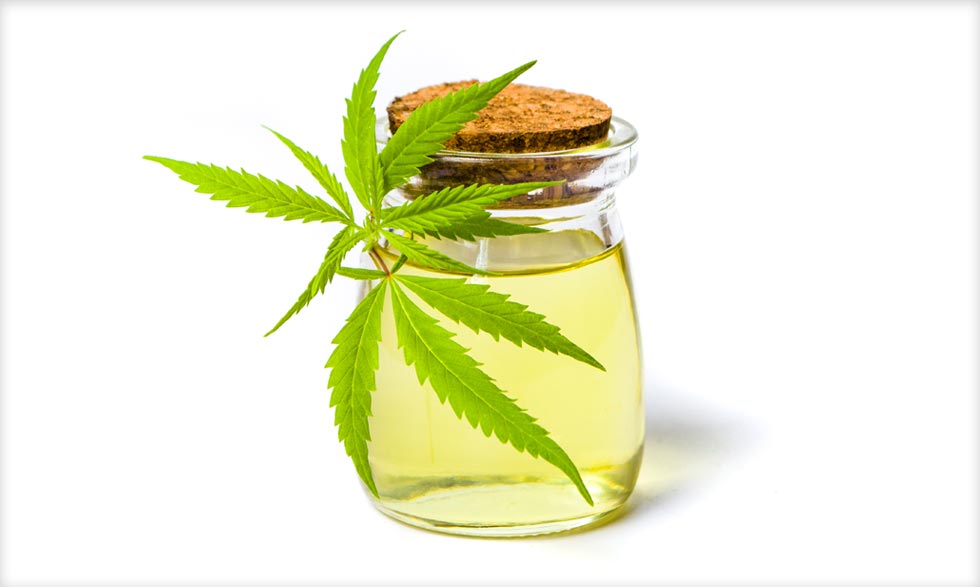Sleep-related CBD dosage varies considerably between individuals, with most research suggesting doses between 25-175mg provide optimal sleep improvement effects. Personal body chemistry, severity of sleep disorder, and existing medications influence the ideal therapeutic amount needed for restful sleep. CBD oil for sleep Canada typically requires higher concentrations than general wellness applications, as sleep disturbances often stem from deeper physiological imbalances requiring more substantial intervention to achieve meaningful rest quality improvements.
Individual body chemistry variables
Personal metabolism rates affect how quickly the body processes CBD compounds, directly impacting the duration and intensity of sleep-promoting effects. People with faster metabolisms typically require higher doses or more frequent administration to maintain therapeutic levels throughout the night. Body weight also plays a role in dosage calculations, though the relationship isn’t perfectly linear, as heavier individuals don’t always need proportionally larger amounts. Existing health conditions and medications can alter CBD absorption and effectiveness for sleep purposes. Those taking prescription sleep aids, antidepressants, or blood pressure medications may experience different CBD interactions that require dosage adjustments. Age-related changes in liver function and overall metabolism also influence how efficiently the body utilises CBD compounds for sleep regulation.
Starting dose recommendations
- Begin with 10-15mg taken 30-60 minutes before intended bedtime to assess initial tolerance and effectiveness
- Maintain the starting dose for at least one week to allow the body to adjust and establish baseline sleep patterns
- Monitor sleep quality, time to fall asleep, and morning grogginess levels during the initial trial period
- Document any side effects such as vivid dreams, dry mouth, or next-day fatigue that might indicate dosage adjustments needed
- Consider splitting doses between early evening and bedtime if initial single doses prove insufficient for sustained sleep
Sleep timing considerations
The timing of CBD administration for sleep requires careful coordination with natural circadian rhythms and personal sleep schedules. Taking CBD too early in the evening may result in peak effects occurring before bedtime, while taking it too late might cause grogginess the following morning. Most sleep specialists recommend administration 30-90 minutes before desired sleep time to allow proper absorption and onset. Different CBD formats affect timing requirements, with sublingual oils typically acting faster than capsules or edibles. Sublingual administration allows for more precise timing control, as effects generally begin within 15-30 minutes and peak around 1-2 hours. Capsules and edibles require longer digestion time but may provide more sustained effects throughout the night for those experiencing middle-of-night awakening issues.
Sleep quality measurement indicators
Effective CBD dosing for sleep should produce measurable improvements in subjective and objective sleep markers. Quality indicators include reduced time to fall asleep, fewer night time awakenings, more extended periods of deep sleep, and improved morning alertness without grogginess. Sleep tracking devices can provide objective data on sleep stages, movement patterns, and heart rate variability during rest periods. Subjective improvements include feeling refreshed upon waking, reduced anxiety about bedtime, and better mood stability throughout the day. Many people also report improved dream recall and less frequent nightmares when using appropriate CBD doses for sleep. Consistent sleep schedule maintenance becomes easier as CBD helps regulate circadian rhythm disruptions caused by stress, shift work, or other lifestyle challenges that interfere with natural sleep patterns.

